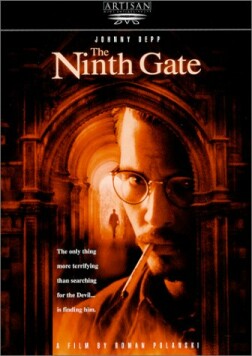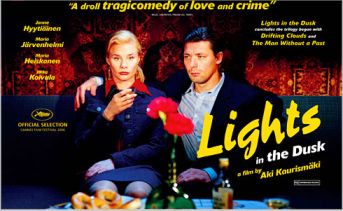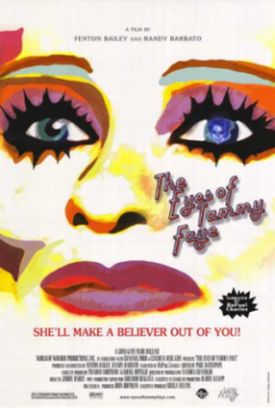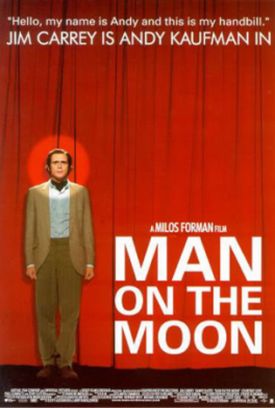Ninth Gate, The
Roman Polanski always makes you want to watch what he is doing on the screen,
but The Ninth Gate shows that he is hopeless when it comes to
story-telling. This story is a mess, even if you allow for the fact that it is
all about Satanism and witchcraft and conjuring up the devil and forbidden
knowledge hidden away in a magic book, only three copies of which were printed
in Venice in the 16th century and so on and so forth. It is all nonsense, of
course, but up until about three-quarters of the way through the film, the magic
books with the incantations and spells are only what Hitchcock called the
“McGuffin”—that is, the object that sets up all the conflicts in the film
because all its characters want to get their hands on it. But, as the name
implies, the McGuffin itself should be of small importance to the audience, who
are much more interested in what it makes the characters do.
But Polanski puts us on the level of the characters. By the end of his film,
the McGuffin is supposed to be as important to us as it is to them, which puts
us in the unfortunate position of apparently being expected to believe in
the mumbo-jumbo by which they are pretending to conjure up the devil. What is
this about? First the bad guy and the bad gal (Frank Langella and Lena Olin)
flip out by believing that they are going to summon the devil (what they propose
to do with him if he comes is never made clear); then the good guy (Johnny Depp)
does. “In spite of our differences, I have a soft spot for you. We have the same
obsession,” says Langella’s satanic billionaire as he traps Mr. Depp’s nerdy,
drunken bibliophile in a hole in the floor “I think you’ve found your proper
niche at last. I like that. Now you can watch,” he says, the billionaire “taking
the road that leads to equality with God.”
Or maybe not. All this is good if generic stuff, but what is the point of
then having Mr Depp’s character taking the same road? Hasn’t he learned anything
from the fate of Mr. Langella, who sets himself on fire in the belief that the
devil will protect him and then finds out otherwise? At any rate, we hardly care
by this point anyway, as the quirky bibliophile has become too much interested
in being quirky and not enough interested in making himself sympathetic, or
giving himself qualities that we can easily identify ourselves with. It doesn’t
help to have Mr. Polanski’s main squeeze, Emmanuelle Seiger, floating around and
pretending to be a Guardian Angel. Mr Polanski might have made a film about an
angel, but he seems to have forgotten that he was already making a film about
devils.
It seems to me an illustration of the fact that movies have to take the point
of view of God. Even if they are not, as it were, God-friendly, they must
recognize that in a movie like this God is the reality principle. Rebellion
against Him is doomed to fail by definition. If you want to be sympathetic to
the rebels, you have to show them defiant in defeat, for it is by being defeated
that they show they were really rebels. In a movie like this one, there is no
God; there is no reality principle. All the characters are playing around with
the same magic books and believing in the same devil, but none have anything to
do with God. The result is that even by the end they don’t know what we know:
that devil-worship always ends badly for the worshiper. Presumably
Polanski doesn’t know it either. And if both characters and author remain
self-deluded to the last, the movie is just a bore.
Discover more from James Bowman
Subscribe to get the latest posts to your email.







